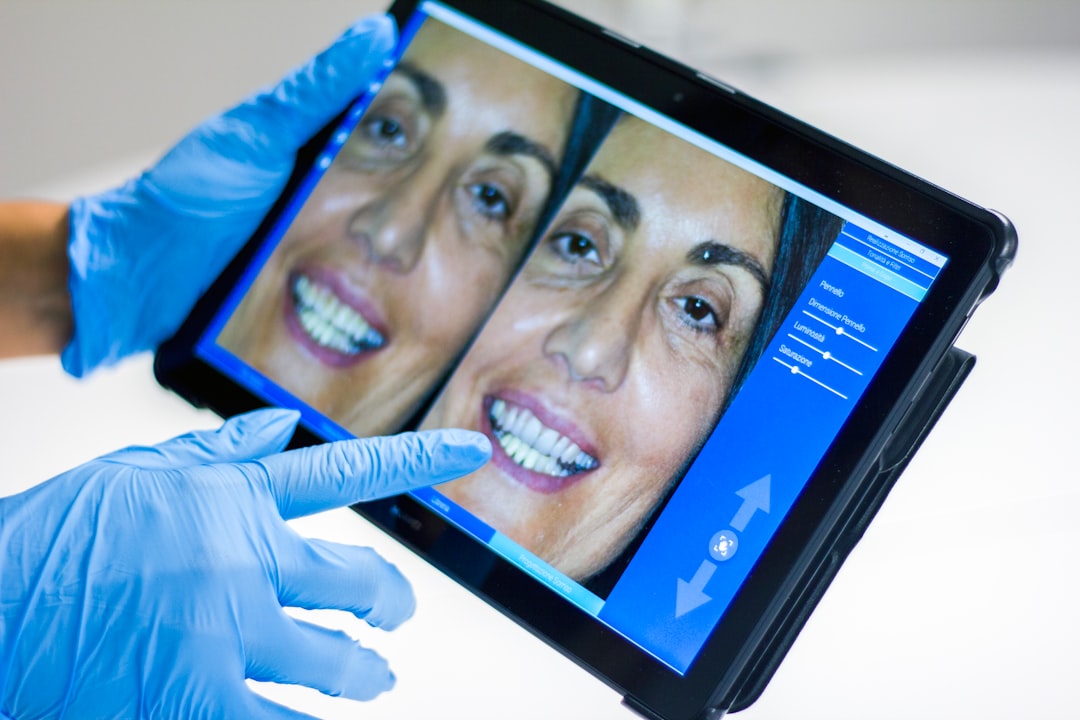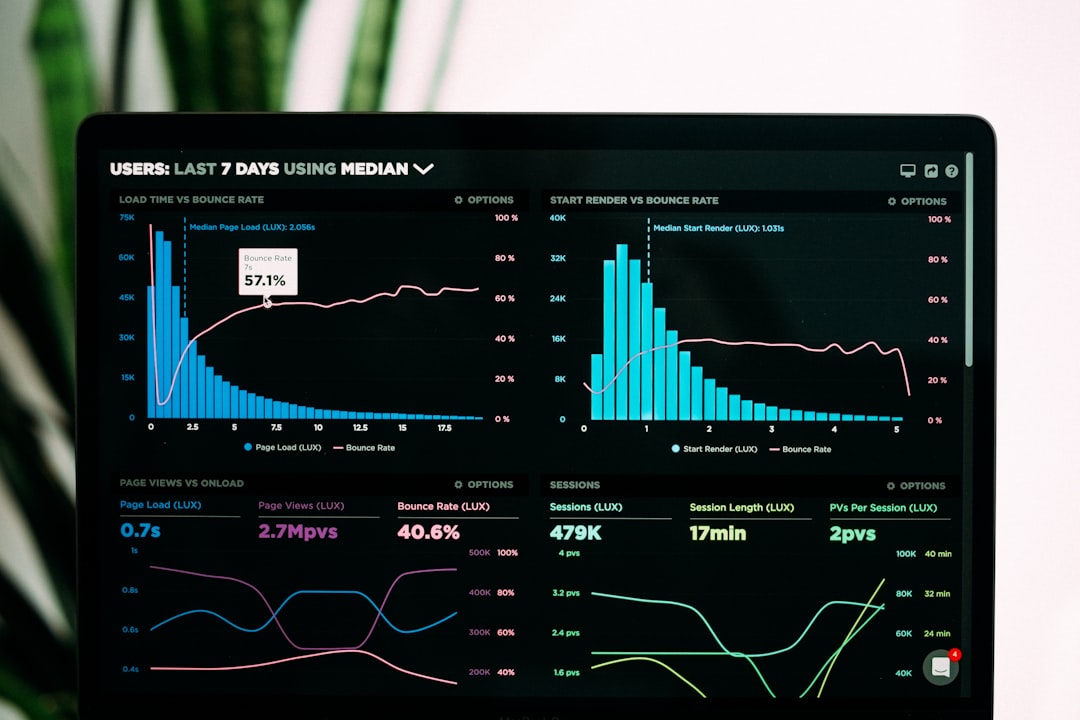Facial search technology has become increasingly prevalent in recent years, and while it is often associated with security and surveillance, it also offers a range of benefits in everyday life. From finding long-lost friends to identifying scam accounts, facial recognition powered by artificial intelligence is making it easier than ever to connect with people online. Most surprisingly, this powerful technology is becoming widely accessible even for individual users. Discovering someone using just a photo is no longer a scene reserved for science fiction—it’s a reality that’s transforming how we navigate social and digital networks today.
What Is Facial Search?
Facial search, also known as reverse image search by face, involves using someone’s picture to find more information about them online. The process leverages facial recognition algorithms that analyze unique facial features—like eye distance, jawline shape, and skin tone—to identify matches across platforms such as social media, websites, and public databases.

How to Find People by Photo
There are several online tools and apps available that make it simple to perform a facial search. Here’s a simple step-by-step guide:
- Choose a reliable facial search engine or app: Sites like PimEyes, Social Catfish, or even Google Images allow you to upload a photo and initiate the search.
- Upload the photo: This image should be of good quality, ideally with the subject’s face clearly visible and unobstructed.
- Initiate the search: The platform compares the photo with its database and provides matching results or visually similar images.
- Review the results: You may find links to social media profiles, websites, or even news articles that feature the individual.
Some tools offer advanced filters to narrow down results by region, age group, or time of upload, which can be helpful when looking for someone specific.
Surprising Benefits of Facial Search
While facial recognition is often seen through the lens of law enforcement or cybersecurity, it holds many advantages in daily use:
- Reconnecting with Old Friends: Many users have successfully located childhood friends or relatives they lost touch with by simply uploading an old photograph.
- Verifying Online Identities: Facial search helps verify if someone is using a real photo or has stolen someone else’s image, making online dating and networking safer.
- Spotting Fake Social Media Accounts: With catfishing and identity theft on the rise, facial search can quickly expose individuals who pretend to be someone else.
- Protecting One’s Own Image: Artists, models, and even average users can use facial search tools to find where their images are being used across the internet without their consent.
- Assisting in Missing Person Cases: While more relevant to authorities, some platforms provide public search capabilities that can potentially reunite families.

As facial recognition continues to evolve, it’s making the digital realm both safer and more personal. Parents can verify babysitters, users can investigate suspicious profiles, and professionals can assess their online image. The applications are both practical and profound.
Privacy Considerations
Of course, this powerful technology also warrants caution. Privacy advocates often raise concerns about misuse or unauthorized uploading of images. When using facial search tools, it’s important to:
- Make sure the tool complies with data protection laws like the GDPR or CCPA.
- Avoid uploading photos of others without their permission.
- Be mindful of how search results are stored or shared by third-party services.
Used responsibly, facial search offers incredible public value without infringing on personal privacy.
Conclusion
Facial search is more than just technology—it’s a bridge connecting people in a visually driven digital age. Its applications reach far beyond surveillance, offering a uniquely human way to verify, protect, and reconnect. As it becomes more mainstream, understanding its ethical use and potential impact ensures everyone can benefit safely and meaningfully.
FAQ
Q: Is facial search legal?
A: In most countries, facial search is legal when used for personal or non-commercial purposes. Always check local regulations for compliance.
Q: Can I find someone on social media using their picture?
A: Yes. Many facial search tools scan public social media profiles where images are visible to match and identify individuals.
Q: Are these tools free?
A: Some platforms offer free trials or basic search features, but more detailed results often require a subscription or one-time payment.
Q: What kind of photos work best?
A: High-resolution images with a clear frontal view of the face yield the best results during a facial search.
Q: Can I remove my photos from facial search engines?
A: Yes, most reputable services offer opt-out options so users can request to have their images removed from search results.
